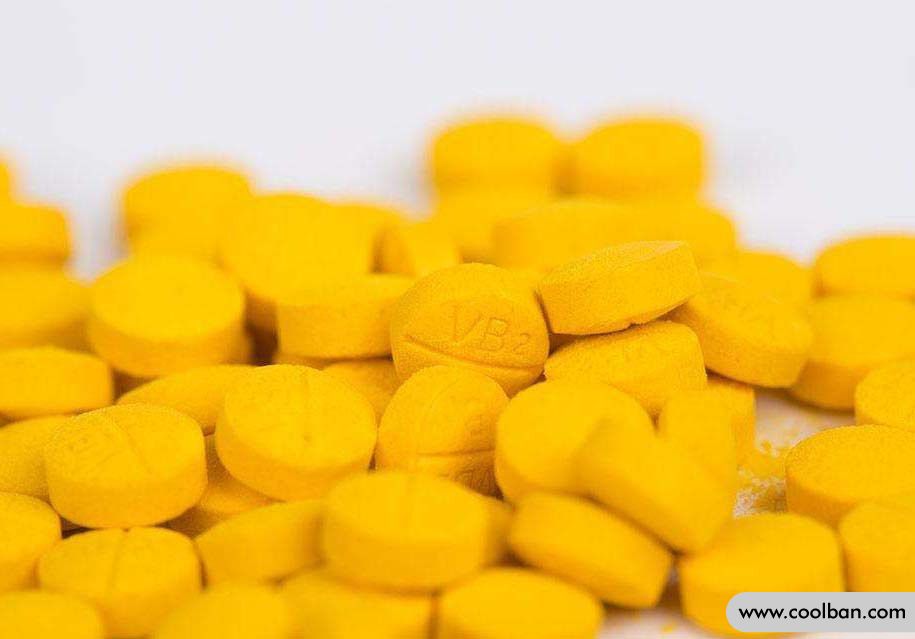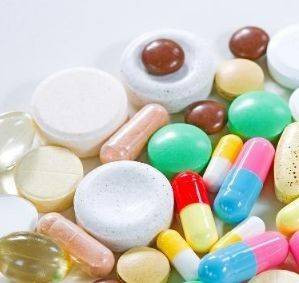Can vitamin B2 replace antihypertensive drugs?
Hypertension is a common disease that is harmful to health, and the current population is getting younger. The disease must be well controlled with long-term medication. Moreover, hypertensive patients should keep a blood pressure monitor at home and regularly monitor blood pressure changes. Once there is a significant increase or decrease, you should go to the hospital for relevant examinations and monitoring, and adjust the medication in time to prevent sudden changes in blood pressure, causing secondary myocardial infarction, cerebral hemorrhage and other diseases. The main function of vitamin B2 is to promote cell regeneration and development, and it also has antioxidant effects. However, what many people don't know is that it can also promote vascular health and is the nemesis of high blood pressure.

Can a bottle of vitamin B2 for a few dollars be the "nemesis" of high blood pressure?
Some experimental institutions in the United States spent 5 years to study the changes in blood pressure after taking vitamin B2. Coincidentally, an experimental institution in the United Kingdom is also very interested in this topic. They found 3,000 hypertensive patients and asked them to take vitamin B2 for 5 consecutive years, and then carried out relevant statistics and analysis on the correlation between intake and blood pressure changes. The results show that people who take vitamin B2 for a long time have good blood viscosity and blood flow velocity, and have good basic metabolic functions. And long-term use of vitamin B2 hypertensive patients have a certain degree of control of blood pressure, and gradually decreased, and some patients even returned to normal blood pressure.
Although vitamin B2 has been confirmed to have a positive effect on blood pressure in the above two experiments, whether it can become a commonly used drug for the treatment of hypertension still needs a lot of experiments to understand and observe.
At present, doctors recommend that hypertensive patients still need to take antihypertensive drugs. B2 can be used as a nutritional supplement for adjuvant therapy. At the same time, pay attention to diet, mood and other regulation methods for antihypertensive treatment. Human cells can be kept healthy and vibrant by supplementing with B2. However, B2 cannot replace antihypertensive drugs and can only be used as a nutritional supplement as an auxiliary.

Vitamins B2 Can not replace drop Pressure drugs
From the current experimental results, vitamin B2 does help blood pressure, but so far there is no official authoritative statement. Therefore, B2 can only be taken as a nutritional supplement to assist blood pressure. Rational use of antihypertensive drugs and changes in unhealthy lifestyles are still the most effective ways to treat hypertension.
Here to remind everyone that vitamin B2 does not replace antihypertensive drugs. So don't stop taking antihypertensive drugs or reduce the dose at will. We must take the correct medication to lower blood pressure under the guidance of a doctor, otherwise it may cause physical harm. In particular, the blood vessels of the elderly are relatively fragile. Under the circumstance that blood pressure may fluctuate greatly, it is easy to impact the blood vessels and cause emergencies such as cerebral hemorrhage, and the consequences are unimaginable.

Side effects of vitamin B2
The Chinese Nutrition Society recommends that adult men should consume less than 1.4 mg of B2 per day, and adult women should consume less than 1.2 mg of vitamin B2 per day. Under normal circumstances, taking vitamin B2 in normal doses will not cause side effects. However, if you take too much, high doses of B2 may cause skin irritation and itching, and even damage to the kidneys, so when taking vitamin B2, you should take it as directed by your doctor. You can also eat more foods rich in B2, such as tomatoes, oranges, carrots, fruits and vegetables, and get them from food.
